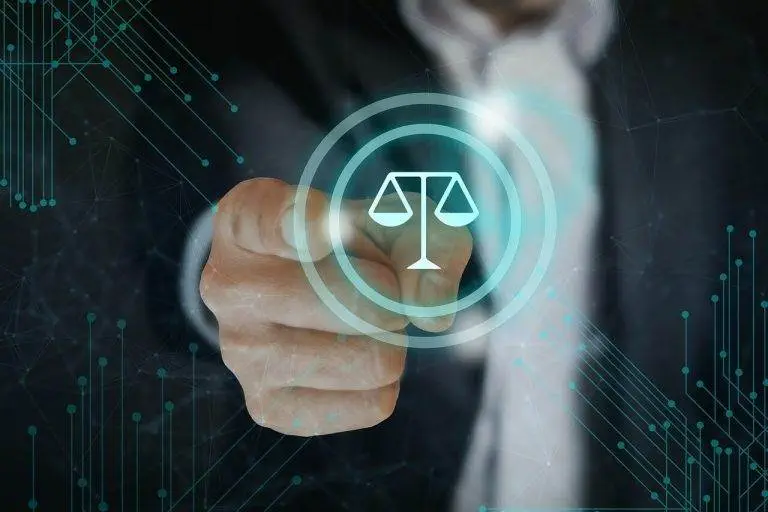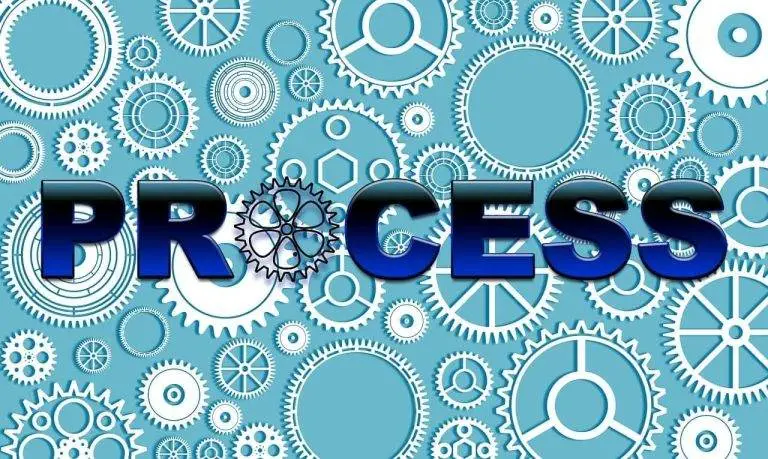You can get out of debt legally. Let liquidation rescue you. All too often, business owners fear liquidation. They try everything else to save the business, but liquidation should be the first option.
Any business owner who has a business that is suffering financially and cannot pay its debt should use liquidation as soon as the problems appear on the horizon. Liquidation can come to the rescue of a company that cannot get out of debt.
Any business owner who owns a business that is suffering financially and cannot pay its debt, should use liquidation as soon as the problems appear on the horizon. Liquidation can come to the rescue of a company that cannot get out of debt.
How can Liquidation help you get rid of debt while you continue to trade?
Liquidation was designed to get companies out of debt so that they can continue to trade. If business owners were not assisted to get rid of debt, the economy could come to a standstill as too many businesses fail. The intention of the Companies Act is also to limit the damages that creditors and employees of a company can suffer and therefore places a duty on a director to liquidate a company as soon as it cannot pay its debt.
As we live in a free economy, it means that any person can own as many businesses as they like. Some can be liquidated and some can be successful. No penalty exists in our law that prohibits any person from owning a company after liquidation.
It is the company that is liquidated and not the individual. The only way a director is affected by a liquidation is if the director signed personal surety for the debt of the company.
How Liquidation Works
Liquidation brings all creditors to a halt: they may not take any legal action against the company once the company is liquidated. Liquidation will stop everything while a liquidator will be in control of winding up the affairs of the company. The liquidator will stand in the shoes of the directors and deal with creditors, problems and assets. If there are sufficient proceeds to pay creditors, they will be paid. That which the creditors do not get will be written off. The company is eventually deregistered and the company ceases to exist. Instead of investing time and energy into nursing a dead or crippled horse to life, the business owner can rather spend time on restructuring the business if they want to continue to trade, or otherwise just be rid of the problem.
The Liquidation Process in South Africa
The liquidation process is designed to help businesses to rather stop trading as soon as possible as soon as the liabilities exceed the assets. The main purpose of liquidation is to limit the damages of creditors, staff and business owners. Liquidation is meant to get rid of debt so that the business can rather close down and that creditors can rather take part in a formal winding up process, as opposed to each creditor separately hammering the business for all its worth, and bankrupting it in any case. Voluntary liquidation allows the business owner to take control of the situation, stop creditor harassment, remove the problem from the equation and if they then want to, to continue to trade. If they do not want to continue to trade that is in order too, at least the business then gets rid of its debt.
How to Liquidate a Company
- Make the decision
- Contact us so that we can explain how we can assist you
- Decide when the last day of trading will be
- If you want to continue to trade, restructure the company
- As soon as you are ready, give us the instruction. We will draft the documentation, arrange signature and then lodge. The company is liquidated from date of lodgement within about 3 – 5 days.




